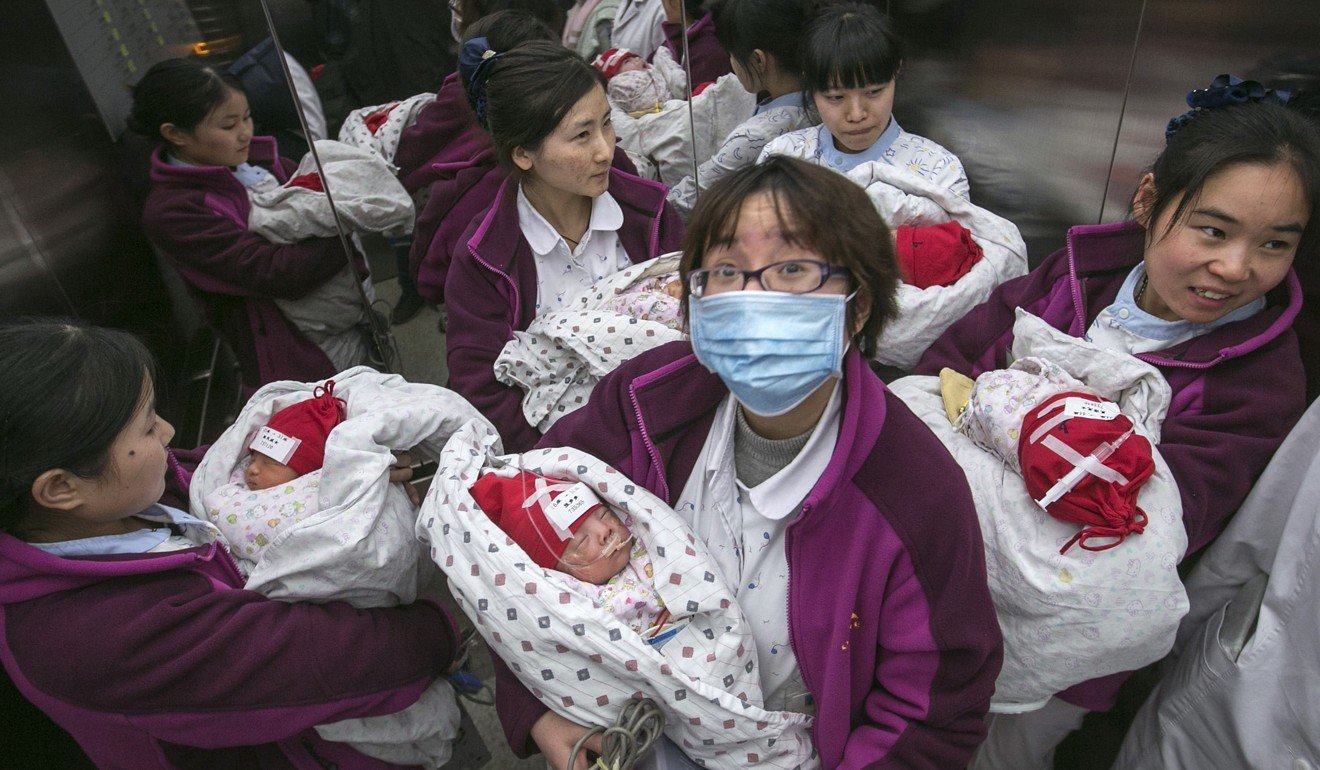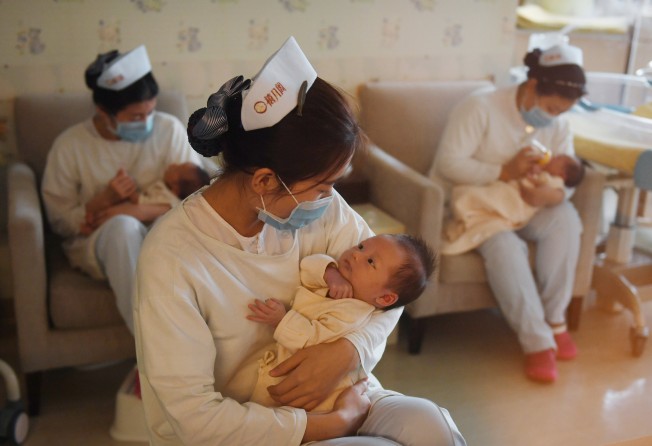
2 million Chinese mothers carry strep bacteria that can be fatal to newborns, study finds
Worldwide study highlights extent of Group B Streptococcus, which can cause severe infections or even death in infants

Nearly 2 million pregnant women in China are estimated to be carrying a strain of bacteria that can cause severe health problems or even prove fatal to newborn babies, according to an international study.
The figure represents about 11 per cent of total annual births in China, and puts the country second globally in the number of pregnant women with Group B Streptococcus bacteria (GBS) after India, which has nearly 2.5 million, according to the research by the London School of Hygiene and Tropical Medicine.
GBS is carried by roughly 18 per cent of pregnant women and up to a third of healthy adults worldwide, but the infection is potentially lethal to newborns who have less developed immune systems.
While pregnant women carrying the bacteria may not show any symptoms, the strain can be passed on to newborn babies through the mother’s amniotic fluid or during childbirth.
GBS can cause severe infections such as septicaemia, pneumonia and meningitis in infants, which can result in babies being stillborn or dying soon after birth.
Even if the babies survive, there is a chance they may end up with permanent health problems such as cerebral palsy, and loss of sight or hearing.
The researchers found that 54 per cent of the 410,000 GBS cases detected worldwide each year were in Africa.
The continent also had the highest proportion – 65 per cent – of the 147,000 annual infant deaths and stillbirths caused by GBS disease globally.
Other countries with high numbers of pregnant women carrying GBS include Nigeria, the United States, Indonesia, Brazil and Egypt.

The infection can be prevented by giving antibiotics to women in labour. Many preventive vaccines are in development but none are available yet.
The study predicted that, if a vaccine with 80 per cent effectiveness were delivered to 90 per cent of women, it could potentially save up to 231,000 infant and maternal lives worldwide.
“Antibiotics currently prevent an estimated 29,000 cases of early-onset Group B Streptococcal disease per year,” said Professor Joy Lawn, the co-lead researcher from the London School of Hygiene and Tropical Medicine.
“However, this approach may be difficult in low-income settings where many births take place at home, and laboratory capacity for screening for GBS is limited.
“In addition, giving antibiotics to 21.7 million women may contribute to antimicrobial resistance – a major global health crisis.”
Johan Vekemans, a medical officer at the World Health Organisation, said it was essential to accelerate GBS vaccine development.
“We will be working with Professor Lawn and others at the London School of Hygiene and Tropical Medicine, and global partners to lead on these activities,” Vekemans said.
More than 100 researchers worldwide contributed to the study, which was funded by the Bill and Melinda Gates Foundation and published in the journal Clinical Infectious Diseases.
It is the first comprehensive survey of the impact of GBS disease in pregnancy worldwide, with estimates and figures for GBS cases in each country since 2015.